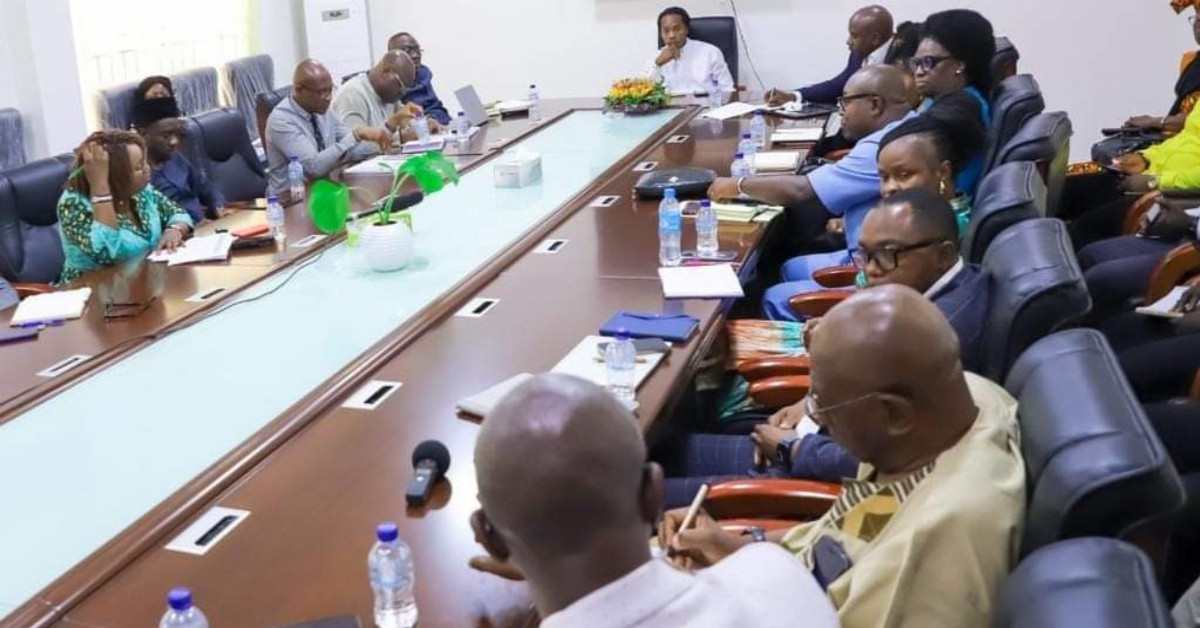Sierra Leone’s Chief Minister, Dr David Moinina Sengeh, has brought together over 40 social agents and decision-makers to look at immediate and long-term approaches to dealing with drug addiction as a public health concern.
Among these actors are government ministers, mental health experts, civil society organizations, and media practitioners
While delivering his statement, he said the engagement resulted from a cabinet conclusion that sought to find a national approach to dealing with issues of Kush, drug addiction, and mental health concerns generally, instead of taking a unilateral decision but emphasized that the government was not shying away from approaching it as a public health emergency.
Chief of Staff in the Office of His Excellency, President Julius Maada Bio, who until recently was Executive Director of the National Drugs Law Enforcement Agency, Abdul Sheku Kargbo, gave a situation analysis of addictions among young people, explained the component of some of the substances and proposed four approaches to dealing with the crisis.
“The Kush that we see around is very potent because it is chemically induced and, therefore, very dangerous. Whereas normal cannabis has 3 percent of the intoxicant ingredient, Kush is 4 times more potent. We have done some tests to also find out that the Tramadol they take is over 250 milligrams, instead of the normal 50mg. Therefore, a knee-jerk reaction will not solve the problem. We must ensure supply reduction through law enforcement agencies; demand reduction through preventions and outreach; build capacity by providing resources for drug control entities and finally embark on research to produce the data that will inform long-term interventions,” he said.
Global mental health expert, Dr. Abdul Jalloh, shared some statistics to provide contexts around the seriousness of the situation, stating that the Sierra Leone Psychiatric Teaching Hospital in Freetown had seen a growing number of affected young people between the ages of 20 and 35. He said it was even worrying now that they had gotten some cases from primary schools.
Among those who contributed, representatives from the media some called for a declaration of a state of public health emergency, the pardoning of Kush victims in detention and using them as ambassadors, the introduction of by-laws, and the employment of audiovisuals to raise awareness of the dangers of abuse and addiction while popularising efforts at eradicating the scourge.
Other contributors from civil society groups, interest groups, and the Attorney General and Minister of Justice, Mohamed Lamin Tarawalley Esq., agreed on the use of the law as a punitive measure and other community and public engagements.
“This is becoming an epidemic and a generational problem”, the Minister of Justice said but noted, “We cannot continue to send young people to the already overcrowded jails for drug-related offenses because they will come out again and become offenders”.
In his closing remarks, the Chief Minister observed that the engagements were critical to dealing with public health crises generally through the Public Health Agency, adding that the cabinet had also agreed that the Ministry of Internal Affairs would work with the Office of Attorney General to harmonize laws on drug enforcement administration.











